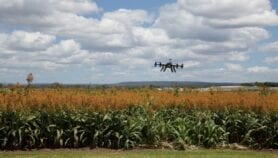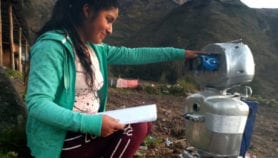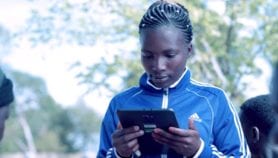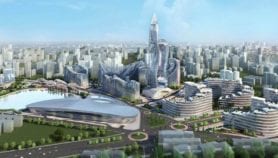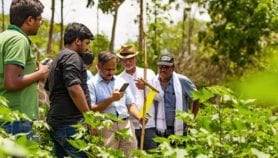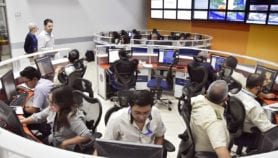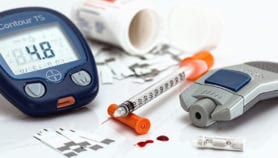By: Catarina Chagas
Send to a friend
The details you provide on this page will not be used to send unsolicited email, and will not be sold to a 3rd party. See privacy policy.
[RIO DE JANEIRO] Brazil continues to suffer a major digital divide despite efforts to boost Internet access for the population.
Statistics released by the Brazilian Institute of Geography and Statistics (IBGE) this month (11 December) show that although the country has made great strides in increasing Internet access in recent years, 65 per cent of Brazilians aged over ten do not have Internet access.
The data come from a nationwide survey of 155,000 households across Brazil conducted in 2008.
The survey revealed an acute digital divide within the country. For example, in southeastern Brazil around 40 per cent of people access the Internet, whereas in poorer northeastern Brazil only 25 per cent do.
And access to the Internet by students is particularly poor — at 60 per cent, it is lower than some of its neighbours on the continent including Argentina, Chile, Colombia and Uruguay, according to Cimar Azeredo, who managed the survey at IGBE.
A third of respondents said they didn’t use the Internet because they were not interested in doing so, while just under a third said they did not know how to use it and a similar proportion said they did not have access to a computer.
According to the IBGE results younger people, and people who have spent more years at school, access the Internet more often. The amount of money a family earns is also an important factor.
Brazil has a history of inequalities, Azeredo told SciDev.Net, and this will take some time to solve.
But the country has made some gains. A survey in 2005 found that almost 80 per cent of people had no Internet access — meaning access has increased by around three quarters in the last four years.
The new data also reveal that broadband connections in Brazil have doubled in the same period. People access the Internet mainly from home and workplaces.
Azeredo said that the increase in digital inclusion was not unexpected. "Quality of life, education, and purchasing power have increased, and internet access is cheaper and easier."
Ivan da Costa Marques, a professor in the department of computer sciences at the Federal University of Rio de Janeiro, in Brazil, said that the survey confirmed known trends of information and communication technologies: that their lower relative cost enhances access. "The results show possibilities for change that I consider good."




